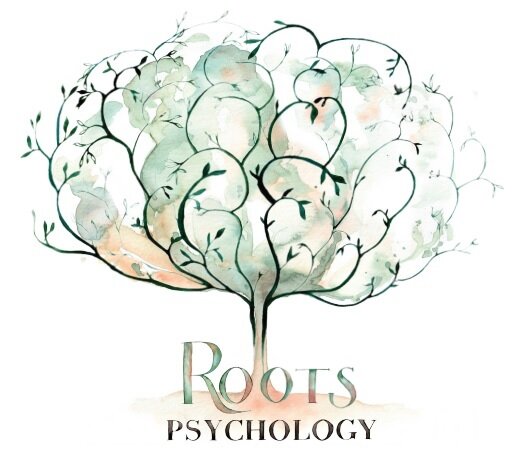Family Scripts
Written by Dr Catherine Pitfield, Child Psychologist (Brighton and Hove)
As a psychologist, I work a lot with parents to support them to reflect on their experience of being parented and explore the ideas that this generates into the parenting of their own children.
Our own experience of being parented can create within us ‘internal working models’ of what it is to be a parent. John Byng Hall called this “family scripts”. Similar to actors performing their roles in a play, we learn scripts of how we behave and interact with one another in our family.
Replicative scripts:
Replicative scripts are those that you repeat from your family, consciously or unconsciously. Adopting the same way that your parents parented, for example how meal- times happen, ideas around screen time, and how children are disciplined, etc. These can be behavioural scripts that you experienced as positive and wish to pass on to your children. Other times, people may automatically repeat family patterns such as hiding feelings or not communicating with each other because they do not know another way. Often at times of stress or difficulty parents may ‘fall into’ habits or ways of doing things in how they were ‘done too’ as a child because this is the dominant script of parenting.
Corrective scripts:
Corrective scripts occur when a parent consciously chooses to do things differently to how they were parented. They can be seen as an attempt to ‘correct’ the mistakes that were felt to be made by parents or previous generations.
Corrective scripts can push parents into an unfamiliar territory of ‘not-knowing’ or not seeing how things were done in a different way. They are often driven from an emotional response to our past, and there is a risk in going too far the other way. For example, if you grew up with very strict parents who didn’t allow any socialising, you may want your children to be free and independent and have no boundaries with going out.
Improvised scripts:
Improvised scripts are neither a replication replication or a correction of the past, instead they are new scripts often born out of necessity (i.e new contexts or technology) or curiosity.
As parents, we often need to adopt ways of family life to fit with changing relationships, culture, education, and technology. Improvised scripts see parents take what they valued from being parented and fit this with what they now value and have learnt.
A few questions that can help you to reflect on your own family scripts could be:
· What, in my opinion, is the role of a mother?
· What is expected of a father?
· How did I learn to cope with problems in my family?
· What have I tried to do the same as my parents?
· What have I tried to do differently? Why is it important to me to do this differently?
If you would like to discuss any of these ideas, please be in touch:
